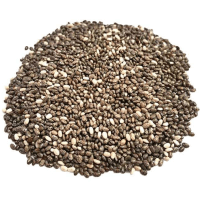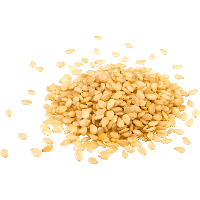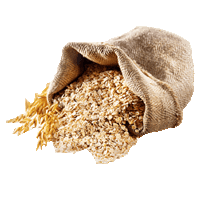Flax Glycemic Index (GI) - Is It High or Low?
Flax, or linseed, is a flowering plant cultivated as a fiber crop. Flax seeds are the small seeds of these plants. Flaxseed is very high in all macronutrients, including carbohydrates. However, 95% of those carbohydrates are made of dietary fiber.
The glycemic index of flax seeds has not yet been measured. Due to the high dietary fiber content, they are assumed to have a low glycemic index.
Here, we will look at the effect of flax seeds on a meal's glycemic response.
Daily flaxseed consumption has been researched to decrease glucose and insulin levels and improve insulin sensitivity in overweight or obese prediabetics (1).
Adding flaxseed to yogurt can improve diabetic and cardiovascular markers, suggesting that it could be used as a supplementary method of managing type 2 diabetes (2).
Another research concluded that even though daily intake of flaxseed powder did not improve glycemic and insulinemic responses, it decreased the blood pressure of prediabetic individuals (3).
In summary, flaxseed has a low glycemic index due to its high dietary fiber content. Daily flaxseed consumption can be recommended for people with diabetes or prediabetes.
Check our glycemic index chart page for more GI values.



